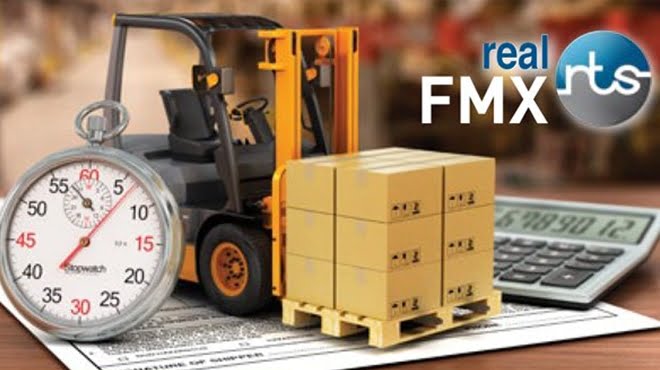The lack of rainfall in the Western Cape is starting to have a knock on effect, not just in the sustenance for plants and drinking water, but also for animals and small businesses. It is only a matter of time before these effects are felt on a wider field in larger business and in our homes, where already there are significant efforts to reduce overall water consumption, says John Valentine, Director at Real Telematics.
Then of course there is the situation specifically in Agriculture, with many farmers having cut herd sizes in order to have sufficient water for the remainder. In a similar vein, fruit and other growers are also starting to feel the financial and emotional consequences.
With that said, it is also important to point out the resilience of some of these operations where the water issues have been minimal, simply because these are not new challenges and the farming community has been dealing with them for many years already.
Some of the solutions are as simple as forward planning and bulk storage of water. Others are more scientific and driven by technology, such as specialized irrigation with targeted spray areas, drought resistant crops, and tree tepee’s (as recently did the rounds on Facebook), improved road maintenance to make them smoother and thus avoid additional bruising of the fruit etc.
This is where FMX fits in. Farmers increasingly turn to the leading Mobile and Fixed Management System in the country for Forklifts, Tractors and other machinery. FMX identifies culprits, reduces fuel and tyre waste, protects engines and batteries and many other features.
These days, your average farmer is a savvy business man. With smart tech at his fingertips and in his fields, he is able to control vast areas of his operation with a push of a button. He employs Agricultural Engineers and constantly tries different technological innovations to maximize his output, for a decent return naturally. With profit margins, and overall food sustainability under threat, the smart money turns to tech.
FMX is the way forward to reduce unnecessary losses and buoy your operation until such time as rain returns to our skies.
